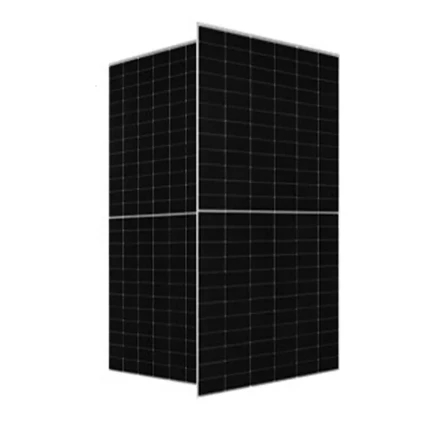Three-Phase 48V Hybrid Inverters for Efficient Energy Management and Power Optimization
Understanding Hybrid Inverter 3 Phase 48V Systems
As the world increasingly shifts towards renewable energy sources, hybrid inverters have gained significant attention for their versatility and efficiency in both residential and commercial applications. One such configuration is the 3-phase 48V hybrid inverter, which combines the advantages of solar energy generation, battery storage, and grid connectivity. This article delves into the functionality, benefits, and applications of 3-phase 48V hybrid inverters.
What is a Hybrid Inverter?
A hybrid inverter is a device that integrates multiple energy sources, primarily solar panels and batteries, while providing the capacity to connect to the electrical grid. Unlike traditional inverters that only convert DC (direct current) from solar panels into usable AC (alternating current) for home appliances, hybrid inverters can manage energy from various sources, optimizing usage and ensuring efficiency.
The Significance of 3-Phase Systems
In electrical systems, a 3-phase configuration is commonly used in commercial and industrial settings due to its ability to distribute power more efficiently than single-phase systems. A 3-phase 48V hybrid inverter can handle larger loads and provide more stable power delivery, making it ideal for businesses with significant energy demands. This configuration improves power quality, reduces voltage fluctuations, and enables balanced load distribution.
Benefits of 48V Hybrid Inverters
1. Efficiency and Performance The 48V system, compared to higher voltage systems, offers a good balance between safety and efficiency. Lower voltages are easier to handle and less risky, making installation and maintenance more straightforward. A 48V inverter often provides better performance in terms of battery life and energy efficiency.
2. Battery Integration Hybrid inverters can seamlessly integrate with battery storage systems, allowing for the storage of excess solar energy for use during nighttime or cloudy days. This capability is crucial for energy independence and ensuring a consistent power supply, even when the sun isn’t shining.
3. Smart Energy Management Many modern hybrid inverters come equipped with advanced energy management systems. These smart functionalities enable real-time monitoring of energy generation and consumption, allowing users to optimize their energy use and reduce costs. Some models also include features like demand response, which help manage energy use during peak periods.
hybrid inverter 3 phase 48v

4. Environmental Benefits By utilizing solar energy and reducing reliance on fossil fuels, hybrid inverters contribute significantly to lowering carbon footprints. The integration of battery storage further aids in maximizing renewable energy usage, reinforcing the commitment to sustainable practices.
Applications of 3-Phase 48V Hybrid Inverters
The versatility of 3-phase 48V hybrid inverters allows them to be utilized in various environments
- Residential Use Homeowners can leverage these systems to power their homes with renewable energy, reduce electricity bills, and increase energy resilience.
- Commercial Installations Businesses with high energy demands can benefit from the efficiency and reliability of 3-phase systems. They can balance loads effectively and utilize stored energy during peak hours, thus managing operational costs.
- Microgrids and Remote Areas These inverters are particularly useful in microgrid setups, where renewable energy sources are combined to provide electricity for remote communities without reliable grid access.
- Agricultural Applications Farms can harness solar energy for irrigation, heating, and other operations, making agricultural practices more sustainable and cost-effective.
Conclusion
The advancements in hybrid inverter technology, particularly the 3-phase 48V systems, represent a critical step towards a more sustainable and energy-efficient future. By combining the benefits of solar energy generation, battery storage, and grid connectivity, these inverters help users lower their energy costs, improve energy independence, and lessen their environmental impact. As more individuals and businesses recognize these advantages, the adoption of hybrid inverters will undoubtedly continue to grow, paving the way for a greener tomorrow.
-
String Solar Inverter: The High-Efficiency Solution for Smart Solar EnergyNewsJul.14,2025
-
Revolutionizing Rooftop Energy with the Power of the Micro Solar InverterNewsJul.14,2025
-
Power Independence with Smart Off Grid Solar Inverter SolutionsNewsJul.14,2025
-
On Grid Solar Inverter: Powering the Future with Smart Grid IntegrationNewsJul.14,2025
-
Monocrystalline Solar Panels: High-Efficiency Power for the Future of Clean EnergyNewsJul.14,2025
-
Bifacial Solar Panel: A Smarter Investment for Next-Generation Energy SystemsNewsJul.14,2025







